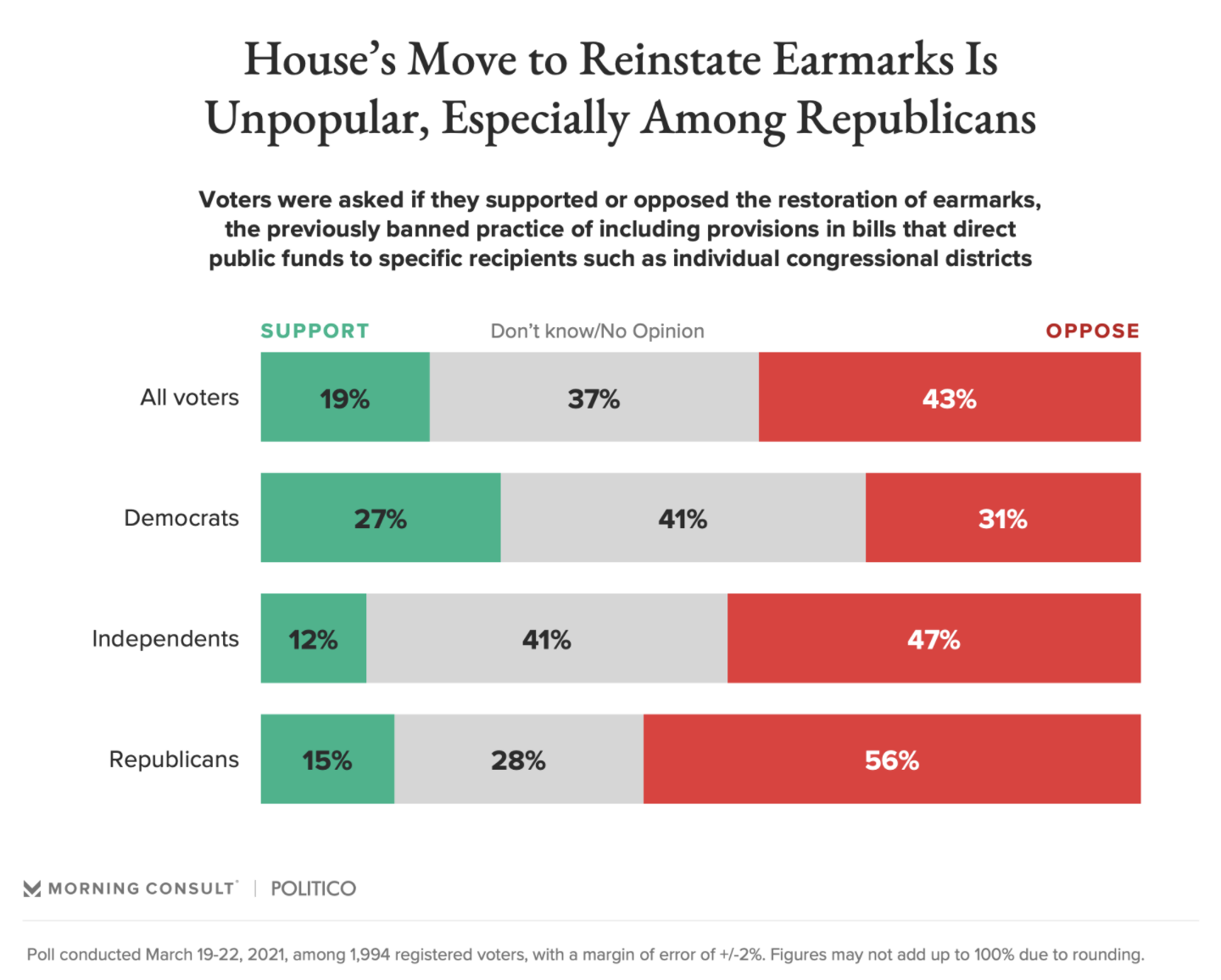U.S. Rep. Ed Perlmutter previewed a key plank of his reelection strategy: returning Congressional earmarks, better known as pork-barrel spending to Washington D.C.
Pork-barrel spending allows members of Congress to submit appropriation requests for special projects in their districts, a practice which critics argue can be easily abused as a corrupt form of patronage.
Democrats returned to using congressional earmarks this year under President Biden after a 10-year hiatus.
The practice was suspended in 2011 by House Republicans after blowback over a $223 million earmark secured by then Alaska U.S. Sen. Ted Stevens for a bridge to connect Gravina Island to Ketchikan, Alaska in 2005.
Ketchikan is a tourist and fishing destination, but Gravina Island was home to only 50 people as of the 2000 census.
“[Stevens] was being a senator for Alaska, which you know is very sparsely populated anyway, and doing what he thought was right,” Perlmutter told a liberal blog earlier this week.
Ed Perlmutter defends infamous “bridge to nowhere,” says eliminating pork-barrel spending was a “mistake from the very beginning” #copolitics #co07 pic.twitter.com/56DV4ZzJn4
— CO Peak Politics (@COpeakpolitics) August 17, 2021
That’s one way of putting it.
The original idea for the bridge originated with a proposal from a private prison company to build a prison on Gravina Island in 2002. The prison proposal contributed not just the idea for a bridge and subsequent earmark, but ultimately the exposure of a wide ranging political scandal in Alaska that also ensnared Stevens.
Sarah Palin also initially defended the project during her Alaska gubernatorial campaign after it fell under criticism.
In the 2008 presidential race U.S. Sen. John McCain made his opposition to the project clear, which he considered to be wasteful spending.
The earmark was ultimately scuttled after intense opposition by Oklahoma U.S. Sen. Tom Coburn, but funding for the rebranded “Gravina Island Access Project” continued until 2015.
All that remains of the federally funded project now is a $28 million relatively useless “road to nowhere” on Gravina Island that leads to a dead end, along with an $11 million 700 foot tunnel that connects the road to the island’s airport.
Despite Congressional earmarks long being tied to this kind of waste, Perlmutter said he opposed suspending the practice from the “very beginning,” arguing it was better to have members of Congress decide how federal dollars are spent in their districts than the federal government.
Voters overwhelmingly disagree, to put it mildly.
A Morning Consult poll earlier this year showed support for earmarks clocked in at just 19% of all registered voters.
Perlmutter’s early decision to campaign on federal waste may come back to bite him if Colorado’s Independent Redistricting Commission draws his revised 7th district anything that resembles a proposed map released by the commission earlier this summer.
The commission’s draft proposal would give Republicans a three point registration advantage in the 7th, as opposed to Democrats’ current significant edge in Perlmutter’s district.



